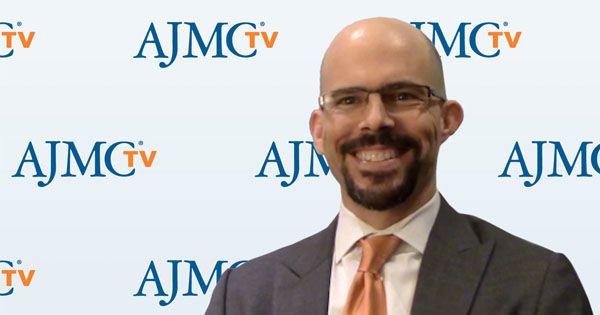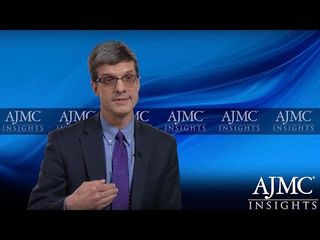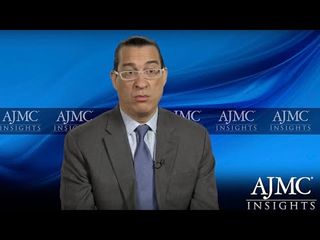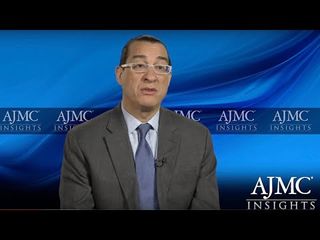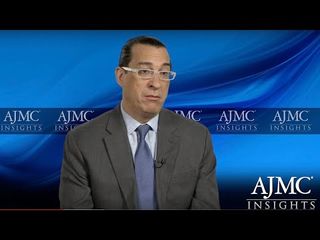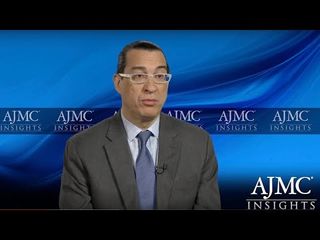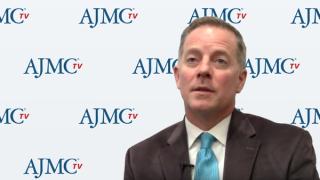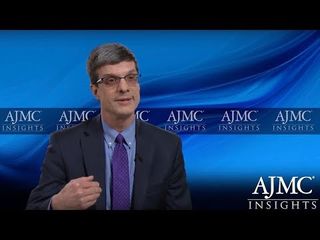
Oncology
Latest News

Latest Videos

More News
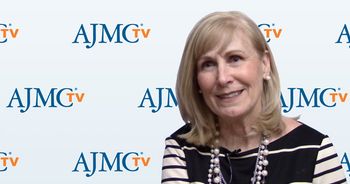
When creating a care coordination model, it is important to understand what the model is trying to achieve and what everyone’s roles are in the model, explained Barbara Tofani, RN, MSN, NEA-BC, administrative director of the Hunterdon Regional Cancer Center.
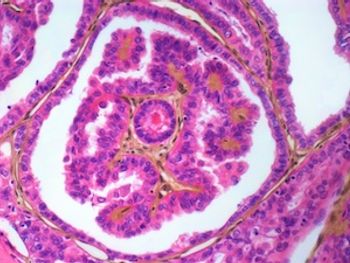
In April, researchers from the University of Colorado Cancer Center completed the largest study of thyroid cancer genetics to date, the results of which were published in Clinical Cancer Research.

Every week, The American Journal of Managed Care® recaps the top managed care news of the week, and you can now listen to it on our podcast, Managed Care Cast.

"It is time for patients to have more control over what is prescribed to them and technologies like chemoWave are giving them that power." A cancer diagnosis leads to chemoWave, an app for recording patient-reported outcomes.

Coverage of our peer-reviewed research and news reporting in the healthcare and mainstream press.

At the 2018 American Society of Clinical Oncology Annual Meeting, a study conducted in France revealed the impact of electronic patient-reported outcomes (PROs) on survival among patients being treated for lung cancer. The study was presented by Fabrice Denis, MD, PhD, radiation oncologist at Institut Inter-regional de Cancérologie Jean Bernard, Le Mans, France.

Accurate prediction of the natural history of prostate cancer is necessary to avoid overtreatment, which increases the morbidity rate in men and is costly to the healthcare system. Biomarkers, or molecular testing of the prostate cancer tumor tissue, can more accurately predict the aggressiveness of prostate cancer and help physicians determine who needs definitive treatment and who can safely pursue active surveillance.

Telehealth, a universal term for the use of digital information and communication technologies to remotely access healthcare services, is improving availability of healthcare services, particularly for patients in rural areas.

The authors speculated that some cancer regimens, such as those with corticosteroids, cause hyperglycemia.

During a session at the 2018 American Society of Clinical Oncology Annual Meeting, June 1-5, in Chicago, Illinois, panelists discussed the financial burdens of cancer diagnosis and treatment, the barriers facing clinicians and patients in discussing these financial burdens, and solutions that can be implemented to alleviate the burden.
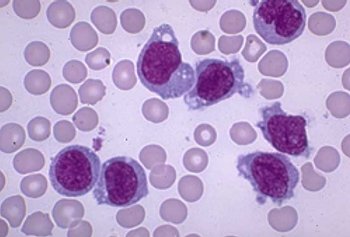
A study recently published in Cell investigated the deletion of the CD33 protein to enable CAR T-cells to more accurately target and attack cancerous cells in patients with n acute myeloid leukemia (AML).

While it is well understood that, in the general population, regular exercise is associated with a reduced risk of death, less is known about whether exercise is similarly beneficial for adult survivors of childhood cancer who may already have an increased risk of death and a shortened life expectancy because of late effects of treatment.

As the opioid epidemic persists in the United States, there are growing questions and concerns over how to manage cancer-related pain and aberrant opioid use. During a session at the 2018 American Society of Clinical Oncology Annual Meeting, Egidio Del Fabbro, MD, Virginia Commonwealth University Massey Cancer Center, discussed several management strategies that can be used to address these concerns.

Financial toxicity impacts a lot more than a patient's finances—it leads to nonadherence and poorer health outcomes. Financial navigators are increasingly being used to be proactive about addressing high healthcare costs and the resulting financial toxicity.

James Hamrick, MD, MPH, Kaiser Permanente and Flatiron Health, discusses the importance of real-world data and how it augments traditional clinical trial data.

Researchers are examining combination therapies with immunotherapy, with and without chemotherapy.

FDA has fast-tracked the Biologics License Application for cemiplimab, with a decision expected October 28, 2018.

Regeneron's Matthew Fury, MD, said the decision to move immediately to a phase 3 trial came after 2 of 3 patients in a phase 1 trial showed durable responses.

A late-breaking abstract presented on Sunday at the 2018 American Society of Clinical Oncology Annual Meeting confirmed that pembrolizumab significantly improved the primary endpoint of overall survival over platinum-based chemotherapy in treatment-naïve advanced/metastatic non–small cell lung cancer (NSCLC). The effect, the authors found, was agnostic of PD-L1 expression, meaning the monoclonal antibody was effective for tumors expressing PD-L1 at ≥50%, ≥20%, and ≥1%.
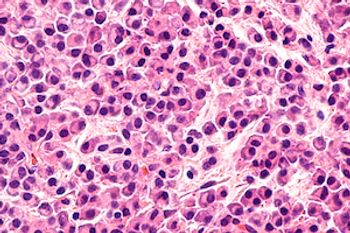
In a recent study published in the Journal of Experimental Medicine, researchers found that fingolimod (sold as Gilenya), an FDA-approved orally administered drug to treat multiple sclerosis, could reduce painful side effects of multiple myeloma treatments.

Trial Assigning IndividuaLized Options for Treatment (Rx), or TAILORx, successfully confirmed the benefit of endocrine therapy alone in patients with early-stage breast cancer who have an Oncotype DX Breast Recurrence Score of 11 to 25.

In the era of real-world data and its growing role in oncology, panelists discussed collecting and using this information in combination with clinical trials to inform evidence-based care during a session at the 2018 American Society of Clinical Oncology Annual Meeting.
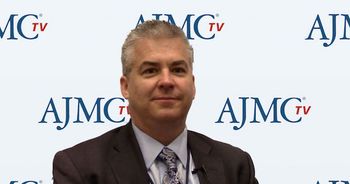
Michael Thompson, MD, PhD, FASCO, Aurora Advanced Healthcare, discusses the role precision medicine currently plays in the community setting and how that role differs from that in an academic medical center.
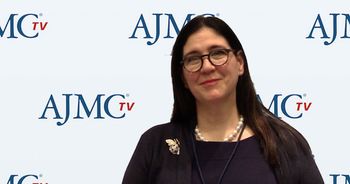
There are multiple challenges associated with trying to pursue precision medicine, explained Victoria Villaflor, MD, associate professor of Medicine, hematology and oncology, Northwestern University.

Treatment with cetuximab, concurrent with chemoradiation (CRT), in older patients diagnosed with head and neck squamous cell carcinoma (HNSCC) has similar toxicity as CRT treatment, but overall survival is inferior. These are the results of a retrospective analysis that were presented by Dan Paul Zandberg, MD, University of Maryland, Marlene and Stewart Greenebaum Comprehensive Cancer Center, at the 2018 American Society of Clinical Oncology Annual Meeting.



